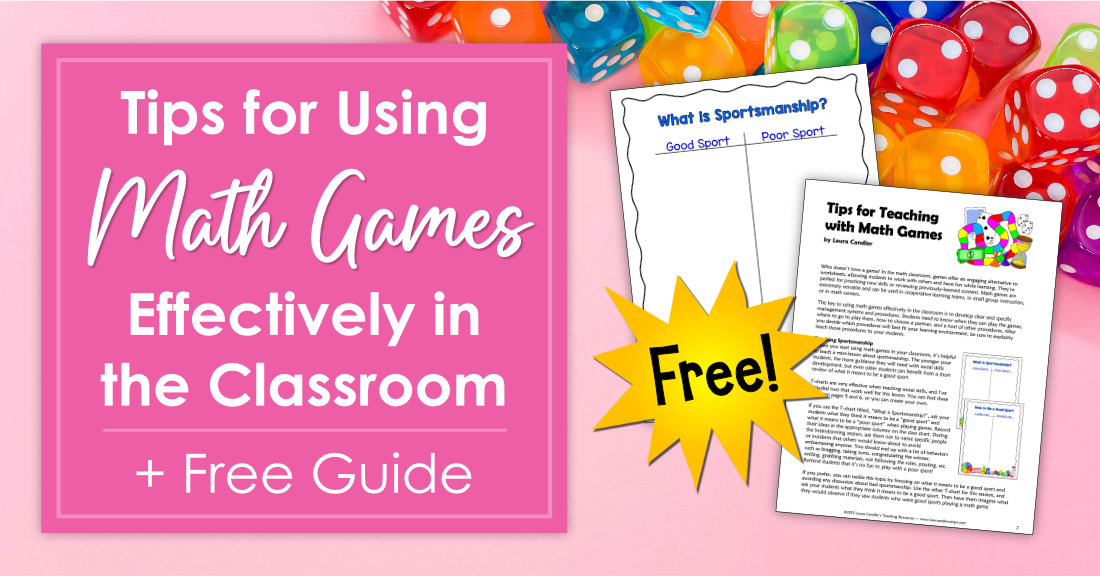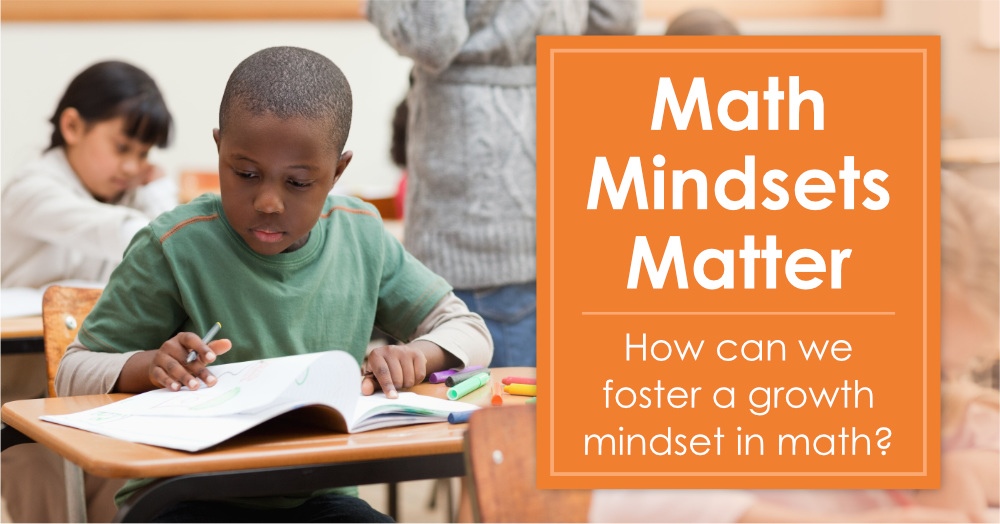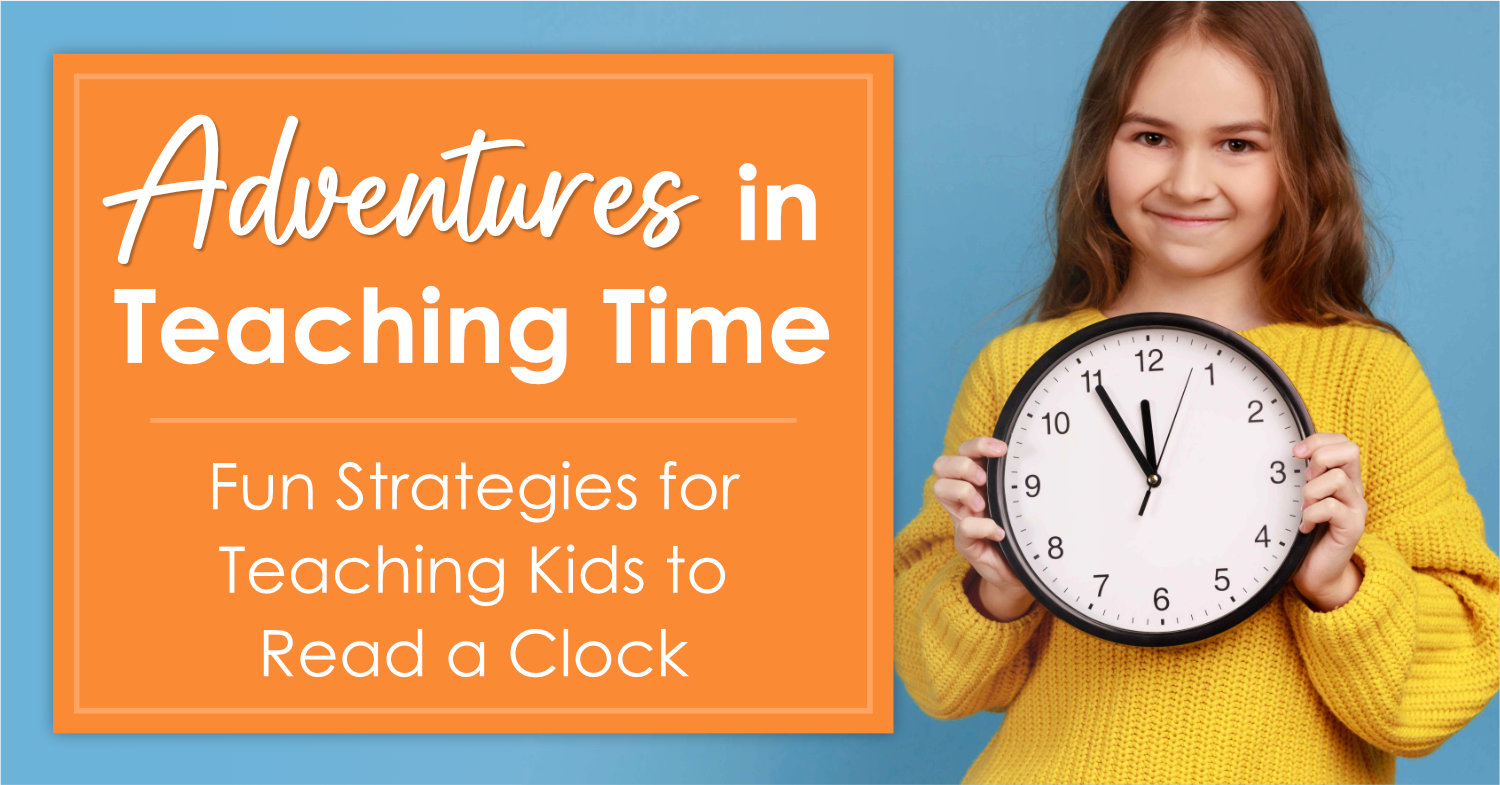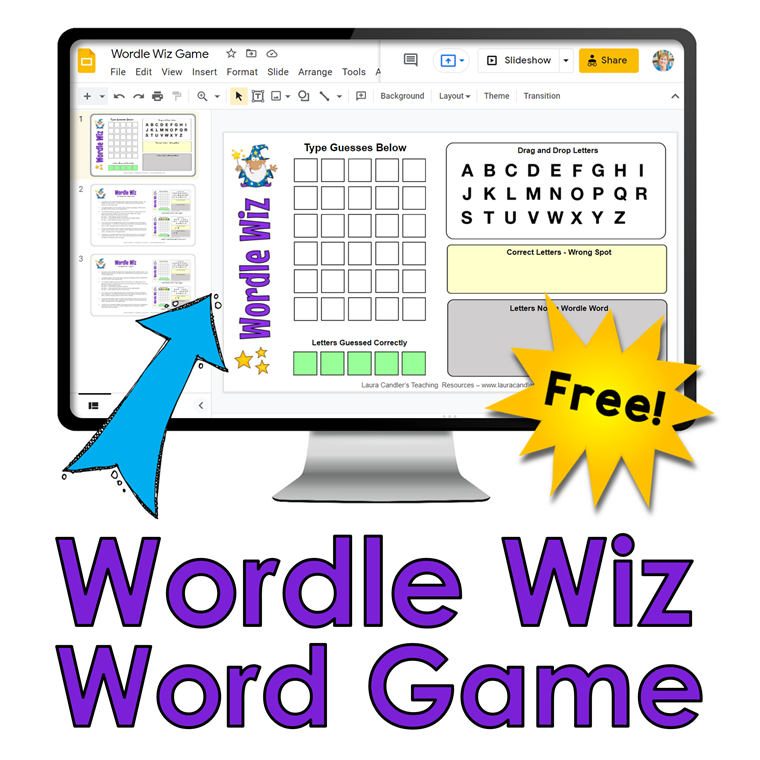
Math games are super-motivating for kids, but they need to be effective instructional tools as well. Check out these tips for teaching with math games,

Math games are super-motivating for kids, but they need to be effective instructional tools as well. Check out these tips for teaching with math games,

The more I learn about growth mindset, the more fascinated I am with this topic, and the more I realize I have yet to learn.

A few years ago I served as a math tutor for three days, and I worked with 3rd, 4th, and 5th grade students on time

Students often fear math and are especially intimidated by word problems. These feelings prevent them from being able to relax, think clearly, and apply what



Math games are super-motivating for kids, but they need to be effective instructional tools as well. Check out these tips for teaching with math games, and download a freebie that includes an easy lesson on how to be a good sport.

The more I learn about growth mindset, the more fascinated I am with this topic, and the more I realize I have yet to learn. But as fascinated as I am with growth mindset research, I’m even more intrigued by the challenge of putting these findings into practice. In other

A few years ago I served as a math tutor for three days, and I worked with 3rd, 4th, and 5th grade students on time and measurement. I had never taught 3rd grade, so I wasn’t sure what to expect. When I found out that my students had not yet

Students often fear math and are especially intimidated by word problems. These feelings prevent them from being able to relax, think clearly, and apply what they’ve learned to problems they’re trying to solve. The resulting “brain freeze” serves to reinforce the idea that mathematics is scary and difficult. Math standards
